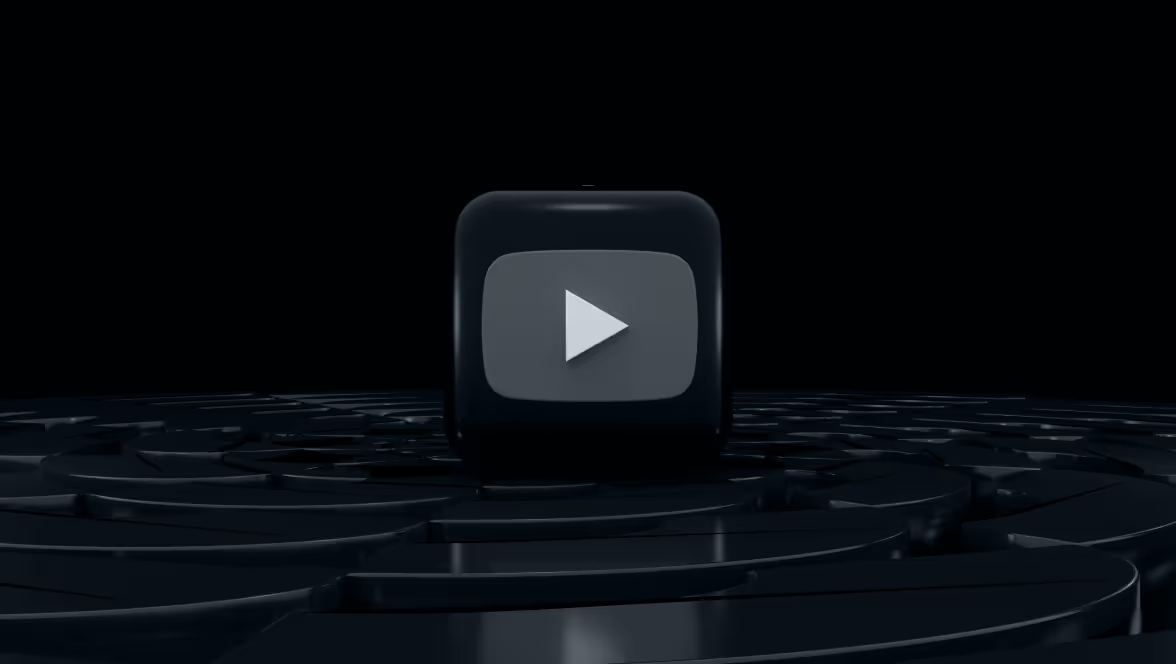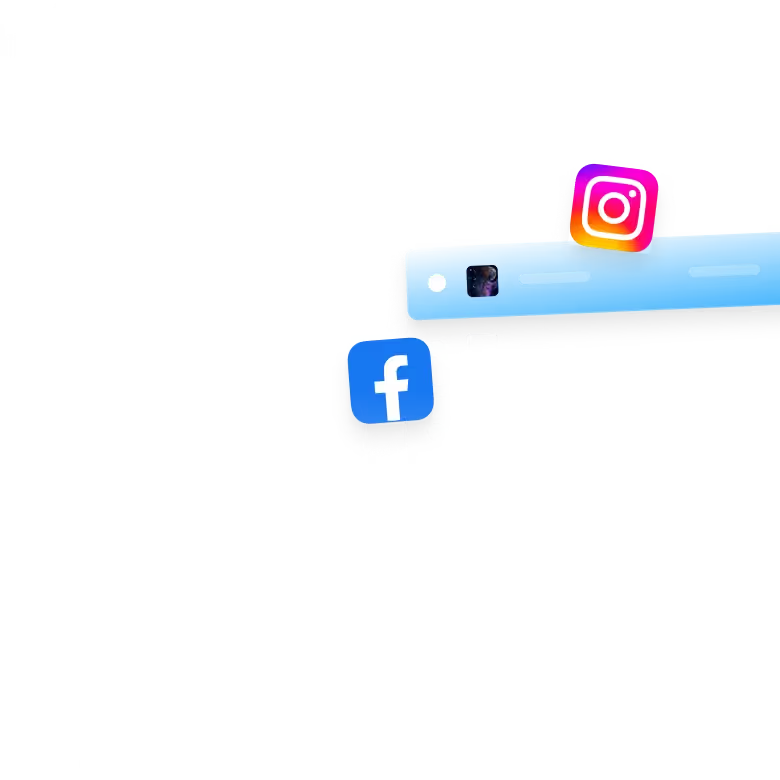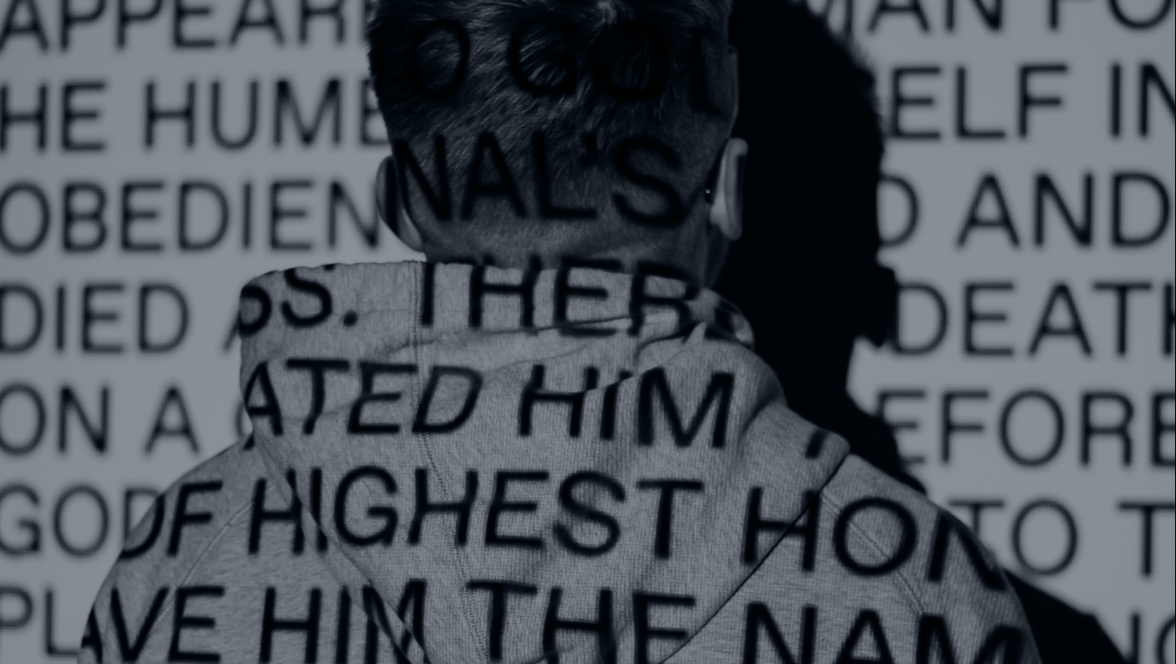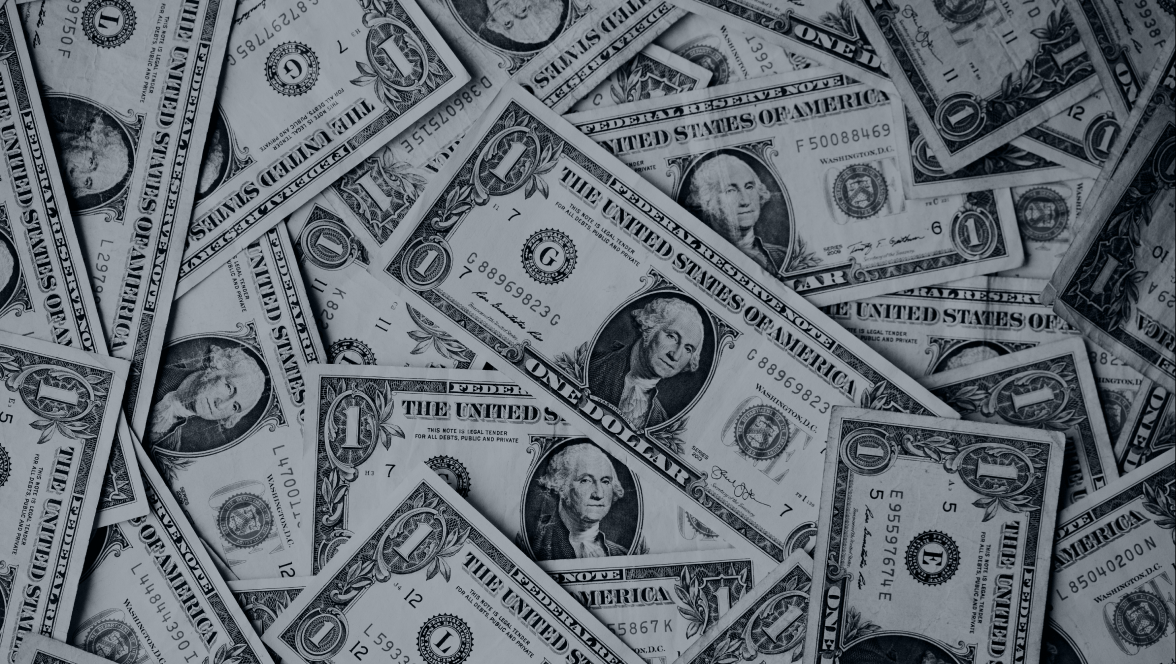
What is YouTube Content ID?

Getting your music online is only the first step.
Once it’s out in the world for your fans to enjoy, your role becomes that of protector – making sure that your music is earning you the money you deserve, and not being used by anyone else without your permission.
Whether it’s unlicensed samples of your track or full-on impersonation of you as an artist, protecting your music online is vital to make sure your reputation isn’t damaged and you earn all your deserved royalties.
And one of the ways to protect your music is through YouTube’s Content ID.
How does YouTube Content ID work?
YouTube is powered by sophisticated technology that makes protecting your music simple.
When you distribute your music to YouTube Content ID, YouTube gives every track its own digital fingerprint – unique, recognisable, and trackable.
If that digital fingerprint (all or part of it) is identified on any other YouTube channels, you’re able to monetise or track its usage – so that you stay completely in control of your music.
Is my music eligible for YouTube Content ID?
Like any Rights Management platform (including Facebook, Instagram, TikTok and SoundCloud), there are eligibility criteria that your music must hit in order to benefit from YouTube Content ID protection.
Your music can’t be distributed to YouTube Content ID if…
- It is AI-generated (side note: our stance on AI music goes beyond Content ID! Find out more here)
- It’s a remix, mashup, best-of, or compilation of other tracks
- It uses samples or beats that were purchased with non-exclusive rights or licenses
- It’s a live recording
Basically, you must own the entire master rights to your track for it to be eligible for YouTube Content ID. If, for example, you’ve used a beat that you’ve licensed non-exclusively, that beat is likely to match other content that uses the same beat with the same non-exclusive license, creating rights management conflicts.
What happens if YouTube Content ID finds a match with my music?
If YouTube Content ID identifies a match with your music on another YouTube channel, you’re given the option to Track (i.e. keep an eye on it) or issue either a Copyright Claim or Copyright Takedown Notice.
A Copyright Claim or Content ID Claim is a notice to the channel using your content, asserting rights over the content and allowing you to monetise it, place ads in the violating video to receive ad revenue, or prevent that video from being shown in certain territories.
A Copyright Strike or Copyright Takedown Notice is a more serious assertion of your rights over that content. You’re requesting the legal removal of a piece of content due to copyright infringement, instead of monetising it. After a Copyright Takedown Notice is issued, the claim remains attached to the violating YouTube channel for around 90 days, during which time the channel is unable to monetise its content or live stream. If a channel repeatedly received Copyright Takedown Notices, it will be terminated by YouTube and can even be banned from the platform.
If you’re an Identity Music artist and a match is identified by YouTube Content ID, we’ll be in touch to let you know your options and then handle any Claims or Takedown Notices on your behalf – all with no additional fees.
What about channels or creators I’ve permitted to use my music?
If you’ve got existing agreements with particular YouTube channels who are allowed to use your music in their videos, like reaction channels, fan channels, or brands you work with, you can Safelist those channels so they’re ignored by YouTube Content ID.
If you’re an Identity Music artist, try to let us know about channels you’d like to Safelist before you distribute your music, so that we can avoid any automatic claims being generated when Content ID finds matches. Just drop us a message with the channel name(s) and we’ll sort the rest.
What should I do if I receive a claim against my content?
First, don’t panic! If you’re confident that your music is 100% original and meets YouTube’s eligibility requirements, you have nothing to worry about.
If a dispute of ownership occurs against your music, we’ll make you aware of it and then request proof of ownership from the claimant.
In most cases, where your music is 100% original, they won’t be able to prove ownership of your music and will drop the claim against you. Problem solved.
It’s possible there might be further debate over ownership that we’ll help you to manage. If, for example, your music uses a beat or sample that you were sold an exclusive licence to, it’s possible the creator of that beat illegitimately sold that licence to others too – in that situation, we’d be by your side as you resolve the situation with the licensor and claimant.






